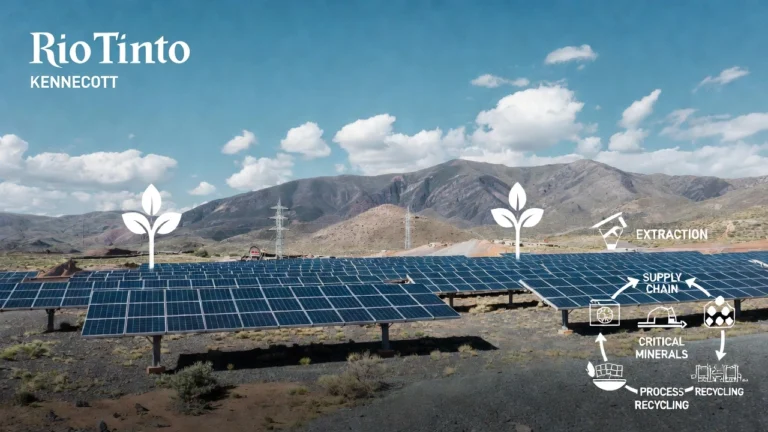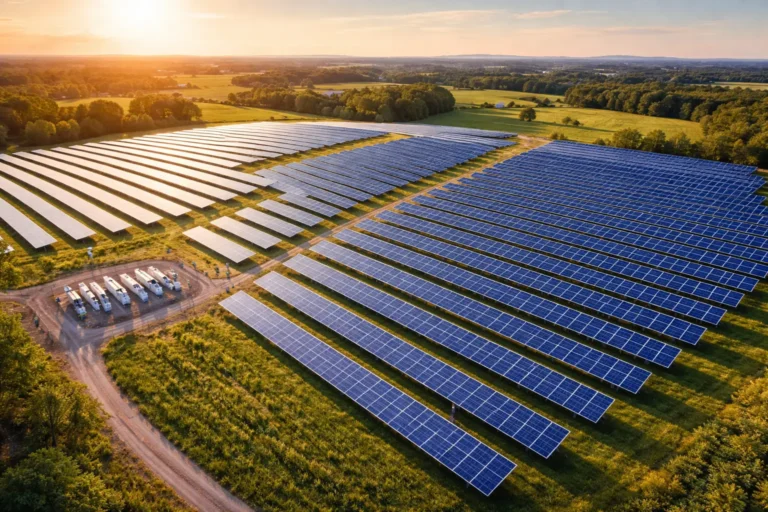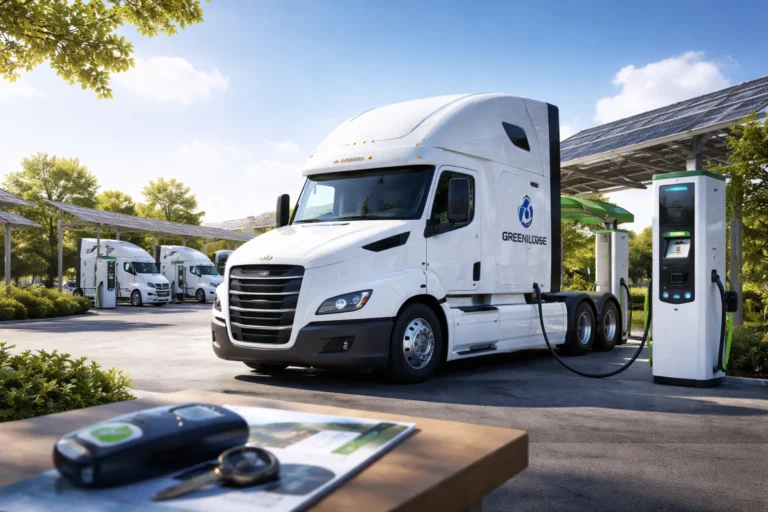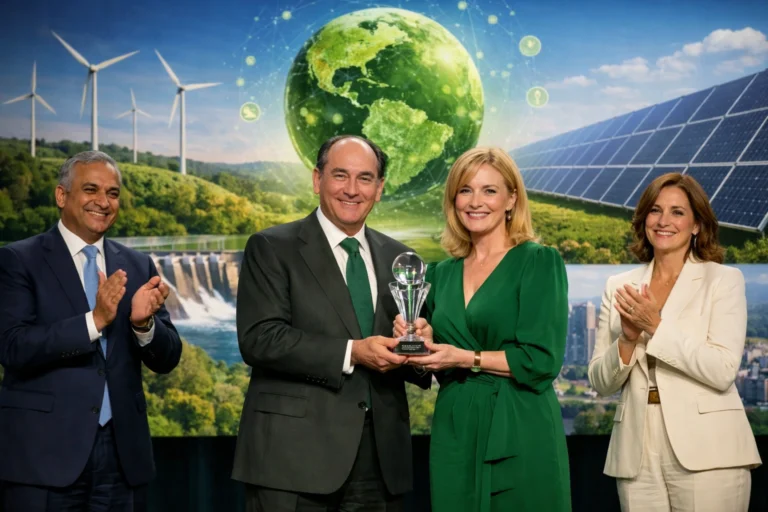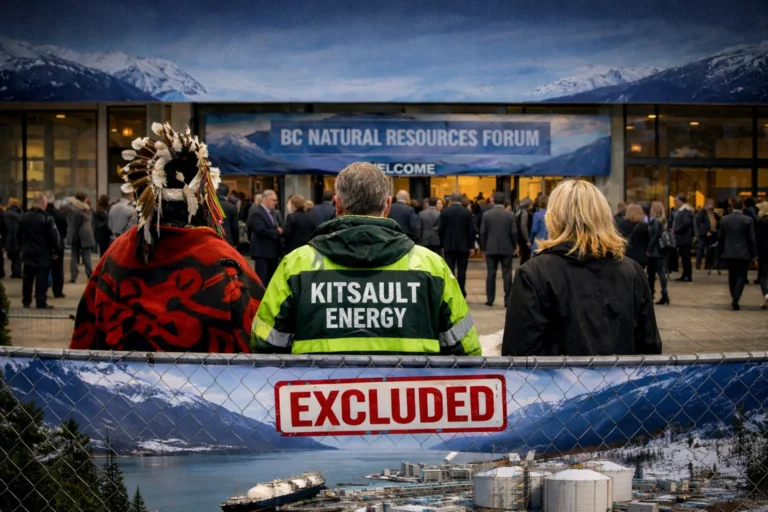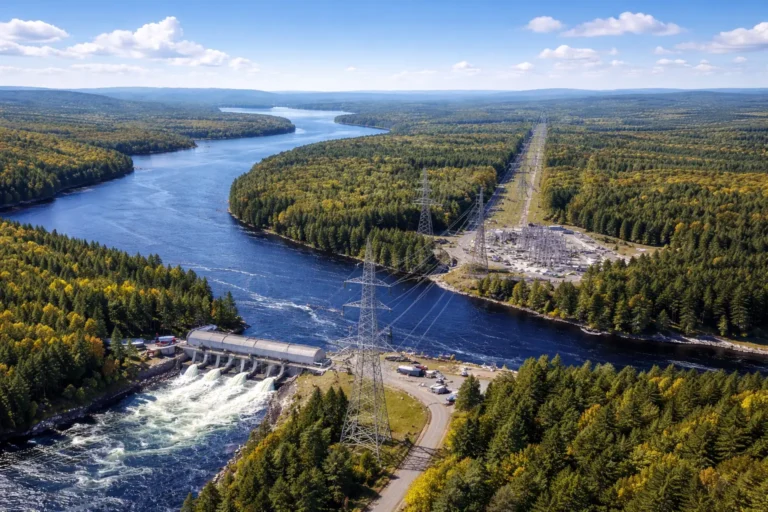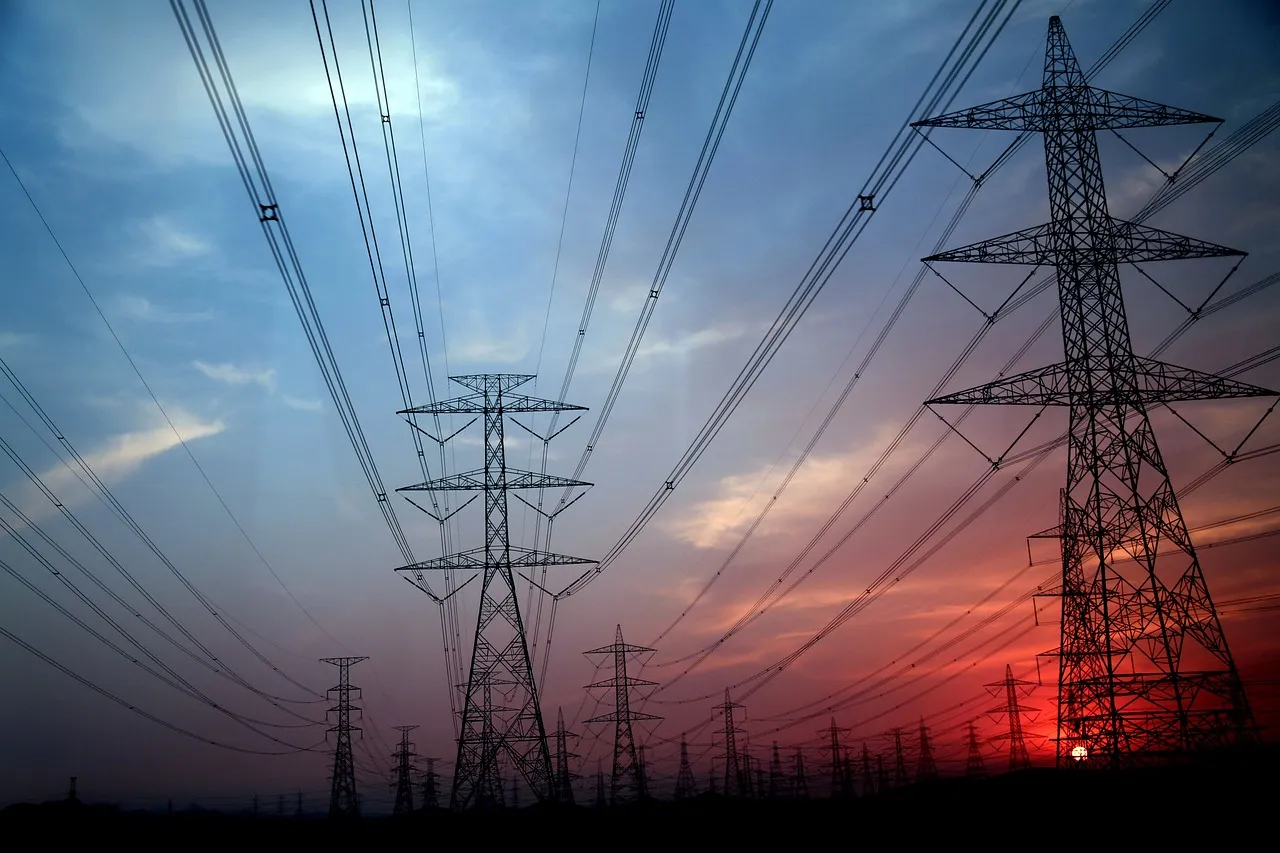
Accelerating Integrated Energy Solutions: The Smarter E Europe 2025 to Showcase Innovations in Smart Energy Management
The energy and mobility sectors are undergoing rapid transformation, with smart integration emerging as a pivotal element in this evolution. “Accelerating Integrated Energy Solutions” is the motto of The smarter E Europe 2025, a premier event set to take place from May 7 to 9 at Messe München. As the energy landscape shifts, energy management systems (EMS) for prosumers and businesses have transitioned from being a luxury to a necessity. These systems, once considered optional, are now crucial tools for optimizing energy consumption and enhancing grid stability.
With the increasing penetration of decentralized energy sources, the integration of smart energy solutions is imperative for ensuring efficiency and cost savings. The smarter E Europe 2025 will delve into the latest advancements in home energy management, large-scale storage optimization, and regulatory frameworks that shape the future of energy consumption.
The Growth of the Home Energy Management System (HEMS) Market
As smart energy solutions gain momentum, industry experts are forecasting substantial growth in the Home Energy Management System (HEMS) market. GridX, a leading smart energy company, predicts that the European HEMS market will expand 11-fold by 2030, encompassing key markets such as Denmark, Germany, the UK, Italy, the Netherlands, Austria, Sweden, and Spain. This unprecedented growth signals a paradigm shift in how households manage and optimize their energy usage.
Several factors contribute to this surge, including evolving consumer awareness, regulatory changes, and advancements in digital technology. Smart meters, AI-driven energy forecasting, and machine learning are being leveraged to create sophisticated EMS platforms that enhance energy efficiency while maintaining user comfort. These systems not only reduce energy costs but also contribute to grid resilience by balancing energy supply and demand effectively.
Regulatory and Market Requirements: The Role of Legislation in Smart Energy Integration
Regulatory frameworks play a fundamental role in shaping the adoption and implementation of EMS. In Germany, Section 14a of the Energy Industry Act (EnWG) empowers grid operators to control the power output of heat pumps, electric vehicle (EV) chargers, and battery storage systems. Such measures ensure that energy consumption remains balanced and that grid overloads are minimized.
However, regulations must strike a balance between grid stability and consumer autonomy. The smarter E Europe 2025 will provide an important platform for policymakers, industry leaders, and stakeholders to discuss regulatory challenges and explore solutions that optimize energy distribution without compromising consumer convenience.
Additionally, European Union policies aimed at achieving net-zero emissions by 2050 are accelerating the transition to smart energy systems. The European Green Deal, for instance, emphasizes the adoption of digitalized energy management solutions to create more sustainable and interconnected energy markets.
Interoperability: A Key Challenge in Energy Management Systems
While technological advancements in EMS have been remarkable, interoperability remains a significant hurdle. Many existing energy management platforms operate within proprietary ecosystems, limiting their compatibility with third-party solutions. This lack of standardization poses challenges for consumers who wish to integrate multiple energy devices seamlessly.
To address these concerns, industry leaders at The smarter E Europe will focus on promoting open standards and manufacturer-independent solutions. The OpenEMS Association, established in 2018, has played a pivotal role in advocating for open and interoperable energy management systems. Unlike communication protocols such as EEBus, OpenEMS is a software platform designed to enable seamless integration across different energy devices and service providers.
By fostering collaboration among universities, research institutions, grid operators, industry associations, and energy management companies, OpenEMS aims to create a more flexible and accessible energy management ecosystem. The discussion on interoperability will be a highlight at The smarter E Europe 2025, bringing together key stakeholders to explore strategies for achieving greater system compatibility and consumer choice.
Key Industry Discussions and Events at The smarter E Europe 2025
pv magazine Focus Event: Advancing Quality Photovoltaics and Storage Solutions
Home energy management will be a central topic at the focus event hosted by pv magazine on May 8, 2025. This event will feature two interactive sessions, providing a deep dive into the quality aspects of photovoltaic (PV) and energy storage projects. Covering both small-scale residential installations and large utility-scale projects, these sessions will equip industry professionals with valuable insights into best practices for system design, implementation, and optimization.
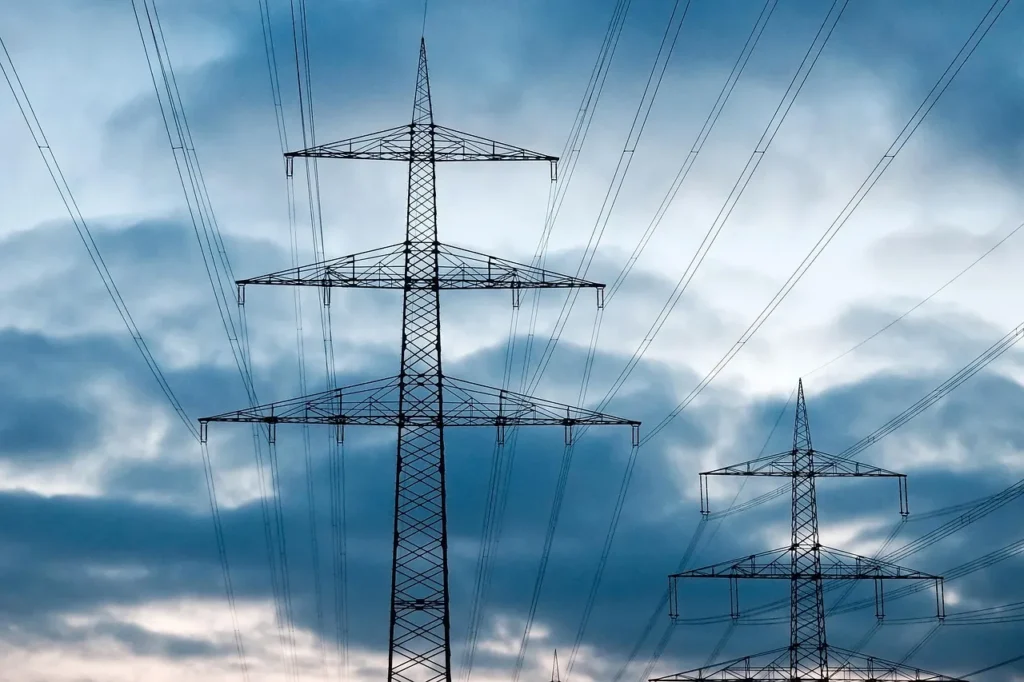
The focus event will be held at ICM – International Congress Center Messe München, Room 13, from 1:00 PM to 5:00 PM. The German-language session will cater to local industry professionals, while an English-language session will engage an international audience, highlighting large-scale storage system optimization and quality assurance in project planning, design, and marketing. Interested attendees can register for the event in advance to secure their participation.
The Smarter E Forum: Home Energy Management and Grid Stability
On May 9, The smarter E Forum will host a dedicated session exploring the role of Home Energy Management Systems (HEMS) in modern energy management. Beginning at 1:30 PM, this session will focus on how HEMS can enhance grid stability while enabling consumers to optimize their energy consumption. Industry leaders will share case studies and insights into cutting-edge innovations driving the adoption of smart home energy solutions.
Experts will address pressing questions, including:
- How can HEMS contribute to demand-side flexibility?
- What role do AI and machine learning play in optimizing energy consumption?
- How can grid operators collaborate with homeowners to enhance energy efficiency?
Attendees will gain a comprehensive understanding of the intersection between smart home technology and sustainable energy practices, positioning them at the forefront of industry advancements.
Munich: The Epicenter of the Energy Revolution
From May 7 to 9, Messe München will transform into a global hub for energy innovation, bringing together industry pioneers, policymakers, and technology providers. The smarter E Europe will showcase how the electricity, heat, and transportation sectors can be intelligently interconnected to create a more decentralized, digitalized, and flexible energy world.
The scale of this event is a testament to its significance in shaping the future of energy. With over 3,000 exhibitors and an estimated 110,000 visitors, the exhibition will span 206,000 square meters across 19 halls and an Outdoor Area. This unparalleled gathering will provide attendees with an opportunity to explore groundbreaking technologies, network with industry leaders, and gain insights into the latest market trends.
What to Expect at The smarter E Europe 2025
- Comprehensive Exhibition: With exhibitors representing the entire energy value chain, visitors can discover the latest advancements in solar power, energy storage, e-mobility, and digital energy solutions.
- Networking Opportunities: The event will facilitate collaboration between technology providers, policymakers, investors, and industry experts.
- Innovation Showcase: Startups and established companies alike will unveil their latest products and solutions designed to drive the transition to sustainable energy.
- Expert Panels and Keynotes: Renowned industry leaders will deliver insightful presentations on pressing energy topics, ranging from regulatory frameworks to emerging business models.
A Glimpse into the Future of Smart Energy Integration
The smarter E Europe 2025 is more than just an exhibition—it is a catalyst for change. As the energy industry moves towards a more interconnected and efficient future, the discussions and innovations presented at this event will play a crucial role in shaping energy policies, business strategies, and technological advancements.
Smart integration is not merely an option; it is the foundation for a resilient and sustainable energy system. By bringing together industry leaders, policymakers, and innovators, The smarter E Europe will pave the way for a future where energy efficiency, cost savings, and grid stability go hand in hand.
For professionals, businesses, and energy enthusiasts looking to stay ahead of the curve, The smarter E Europe 2025 is an event not to be missed. As Munich becomes the epicenter of the global energy revolution, participants will gain valuable insights, forge strategic partnerships, and contribute to the transformation of the energy landscape.





